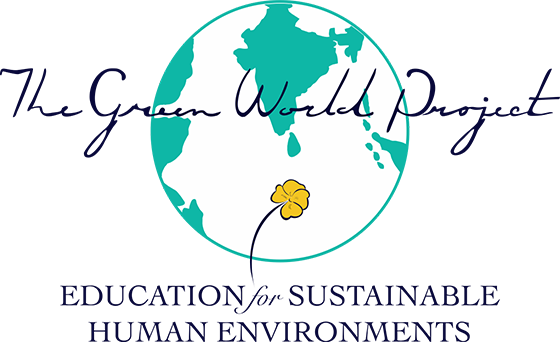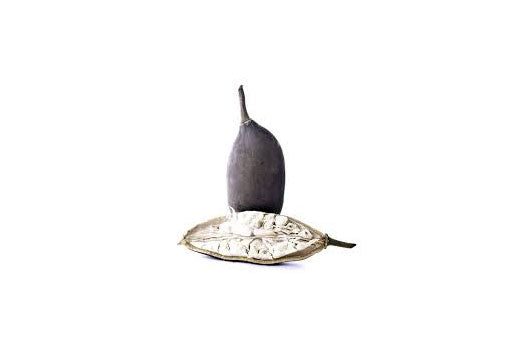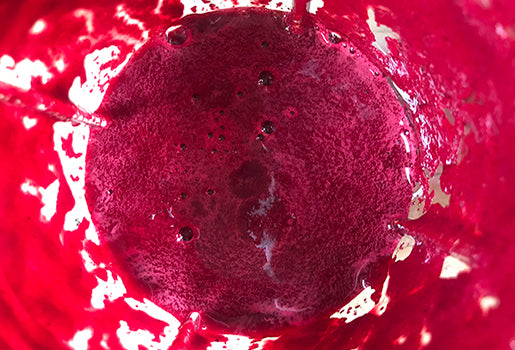Healing with Nature

For the past couple weeks, I was at the hospital watching over my son as the doctors and nurses brought him back to health. I was mesmerized by their knowledge of the human body, modern medicine and the state of the art technology. But as my stay grew longer and longer, I became less and less impressed, and more and more concerned about the Western approach to healing. While the trilogy of science, medicine, and technology allows many to overcome great illnesses, it is, nonetheless, missing a fourth element: the life-giving force of food. This made me question the rubric of our society. What does it say about our society if the healing institutions we turn to dismiss the powerful role food has in our healing process? In hospitals, food is not treated with the same reverence as a concoction of engineered chemicals known as medicine. Instead, food has become commoditized to only satiate hunger and sustain our organs. The meals we were served in this "healing institution" were what I call “dead food”—food void of life, nutrition and healing power: my juice came from concentrate and was pasteurized; my pancakes were made of low-grade white flour; my maple syrup was corn syrup with artificial maple flavor; my fruit was diced and preserved in a thick syrup of artificial sweetener; my poultry meat was from an industrially–farmed sick chicken; my vegetables were genetically modified and chemically treated; and my muffin was made with artificial stabilizers, corn syrup and preservatives (but I could not dare ask for salt because that was considered unhealthy).
This food was not meant to heal.
It then dawned on me that we as a society have become so distanced from nature and so dependent on technical devices and pills that our very own relationship to food has been compromised. We are not taught about the intrinsic healing properties of wholesome food (unless we are on diet) and nor are we encouraged to eat well to prevent or cure illnesses. While there are many factors that have shaped this estranged relationship to food, such as food politics and socio-economics, I strongly believe that the underlining factor is that, in this modern day in age, we are no longer bred to believe in the healing powers of nature--where the healthiest food comes from. Yet, in countries around the world, food continues to play an intrinsic part in healing; it is the trilogy of food, herbs, and spices that is responsible for balancing and (re)directing the energy flow within our bodies, allowing for the body and soul to be nursed back to health. It’s not only a beautiful thing when we choose to have a symbiotic relationship with the earth and all of her wonders, it is the essence of health. Imagine how spreading this awareness could inspire a change in how we relate to and access food. We would be able to own our health by having full control of what we eat. Our relationship to nature would become sacred and we would become more mindful of our carbon footprint as it would directly affect the quality of what we consume.
Yes, there is a growing movement in this country to bring back fresh wholesome foods to the table. Hopefully, this movement will gain traction and draw attention to the urgent need to make healthy eating a norm,
culture, and not just a transient phase of a selected few who are privileged enough to choose.
Here are some excellent sources for fresh wholesome ecologically grown food, and information on holistic eating initiatives—remember the better the growing /raising condition, the better it is for our health.
www.millersorganicfarm.com
http://slowfoodnation.org
For a better world!
Leave a comment
Comments will be approved before showing up.



